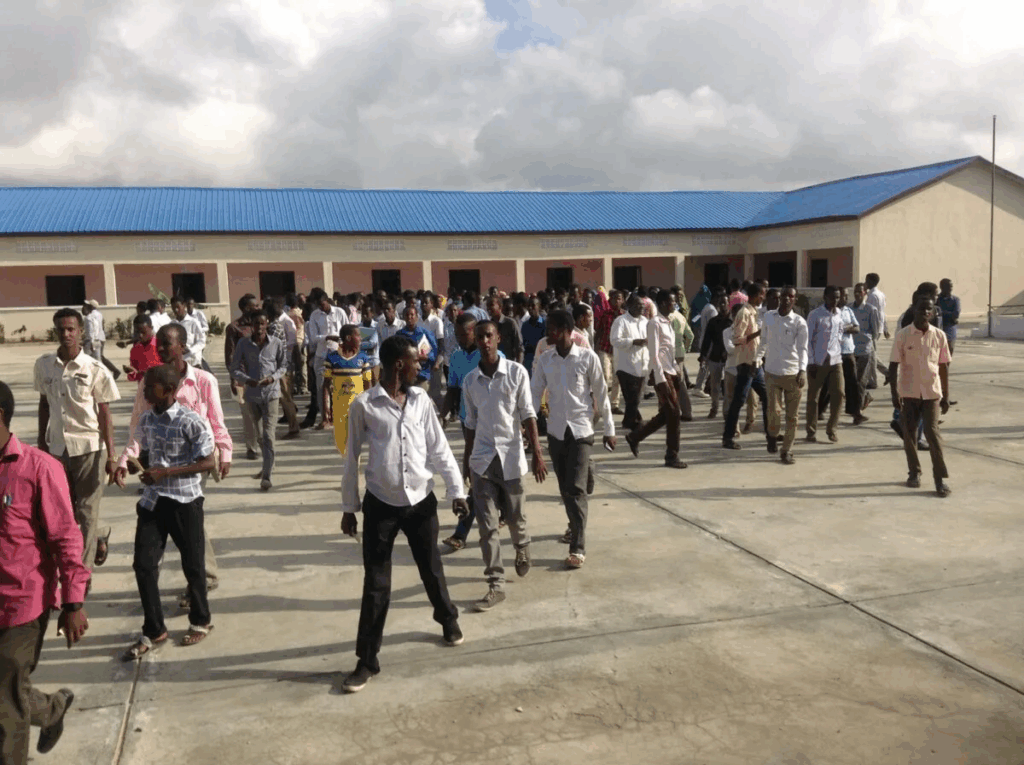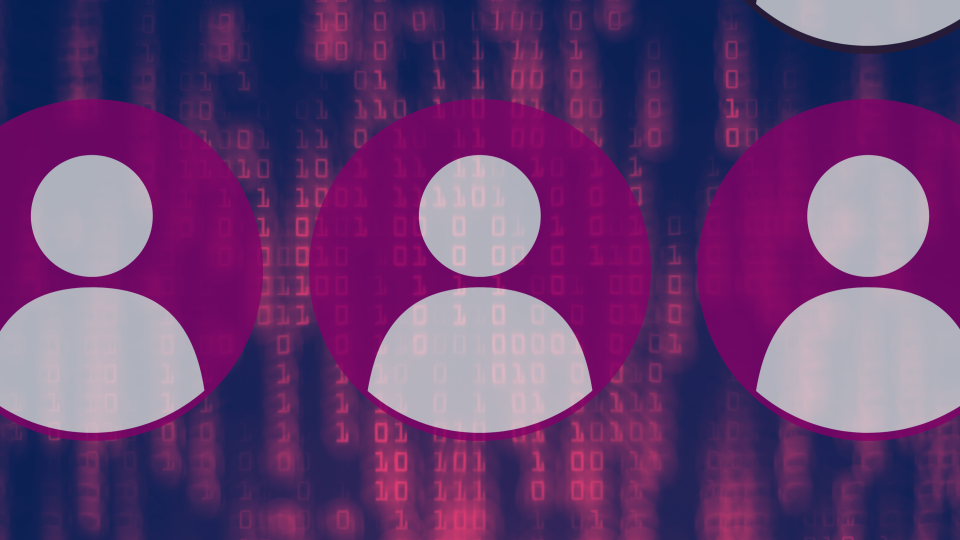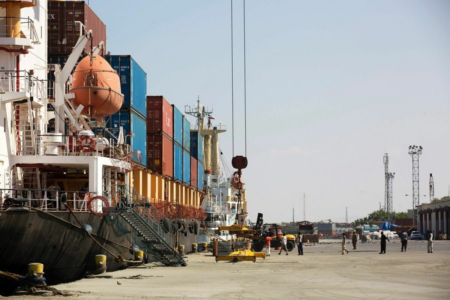Recent reports and media coverage suggest that the Somali government has employed covert tactics—including social media bots and orchestrated smear campaigns—to suppress criticism and influence public discourse.
Critics argue that these strategies threaten press freedom, civic engagement, and democratic norms in Somalia.
What the Allegations Say
Some political opponents, bloggers, and independent media outlets claim their accounts and content have been targeted by coordinated campaigns of misinformation.
These include allegations of fake, pro-government accounts (bots or troll accounts) that flood social media with propaganda or attack critical voices.
Media activists describe a pattern of intimidation: journalists being pressured to delete posts, facing online harassment, or receiving warnings of legal consequences if they don’t comply.
Local media associations have voiced concerns about the chilling effect this is having on reporting.
Related Press Freedoms Concerns in Somalia
- Clamps on covering Al-Shabab: The government issued directives banning journalists from reporting on Al-Shabab attacks, citing national media rules. Critics say the restrictions are vague and could be used to silence legitimate coverage.
- Arrest of journalists: High-profile cases like that of Abdalla Ahmed Mumin highlight the risk faced by media activists who criticize government policies.
- Online harassment and threats: The National Union of Somali Journalists reports that many reporters are harassed online, including via spyware, malicious links, or threats directed at their social media presence. This has pushed some to limit their online activity or self-censor.
Somali Government Denies Using Any Social Media Bots
Somali government officials have publicly denied that there is a policy of censorship via social media bots bots or politically motivated takedowns.
The Ministry of Information has claimed that where there are deactivations or removals of content, these are due to violations of media regulations.
Especially around content related to extremism or national security.
Authorities insist that any restrictions are legal (or are meant to be) and are necessary for national stability, countering misinformation, and public safety.

Impact on Media Freedom & Civic Space
- The risk of self-censorship has increased: When journalists fear reprisals—whether legal, online, or physical—they may avoid critical stories or tone down reporting.
- Independent voices are under pressure: Media outlets and social media influencers critical of government action report declining reach, deletions, or account limitations.
- Public trust is affected when citizens perceive that what they see online is manipulated, controlled, or censored—undermining democratic discourse.
What Observers Recommend
- Transparency & accountability: Clear rules on when social media takedowns, content removal, or restrictions are used should be published. Investigations into bot networks and coordinated smear campaigns should be opened.
- Legal protections: Strengthen protections for journalists, bloggers, and media outlets against arbitrary arrests, legal harassment, or forced takedowns of content.
- Support for digital literacy: Citizens should be equipped with tools to identify fake accounts, harassment, or coordinated disinformation.
- International oversight & pressure: Human rights groups, press freedom organizations, and foreign partners can play a role in monitoring online freedoms and responding to credible reports of abuse.
Source: Somali Guardian








